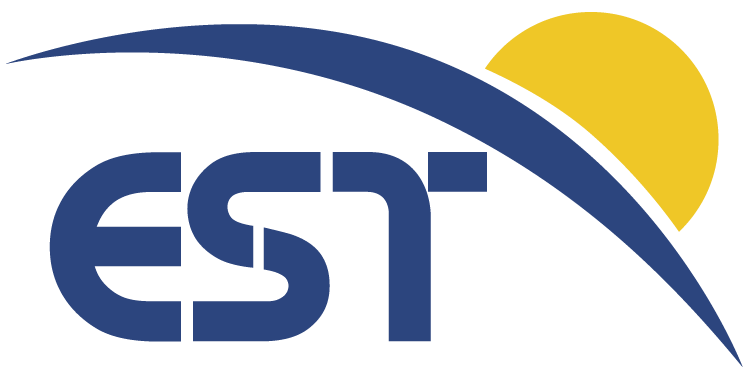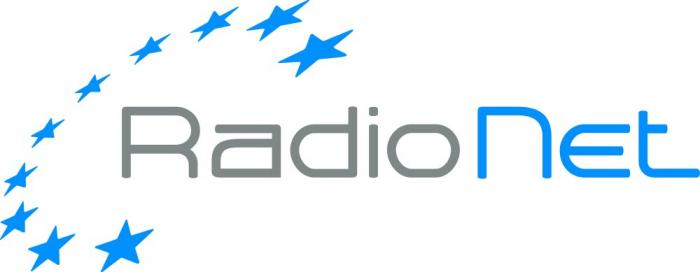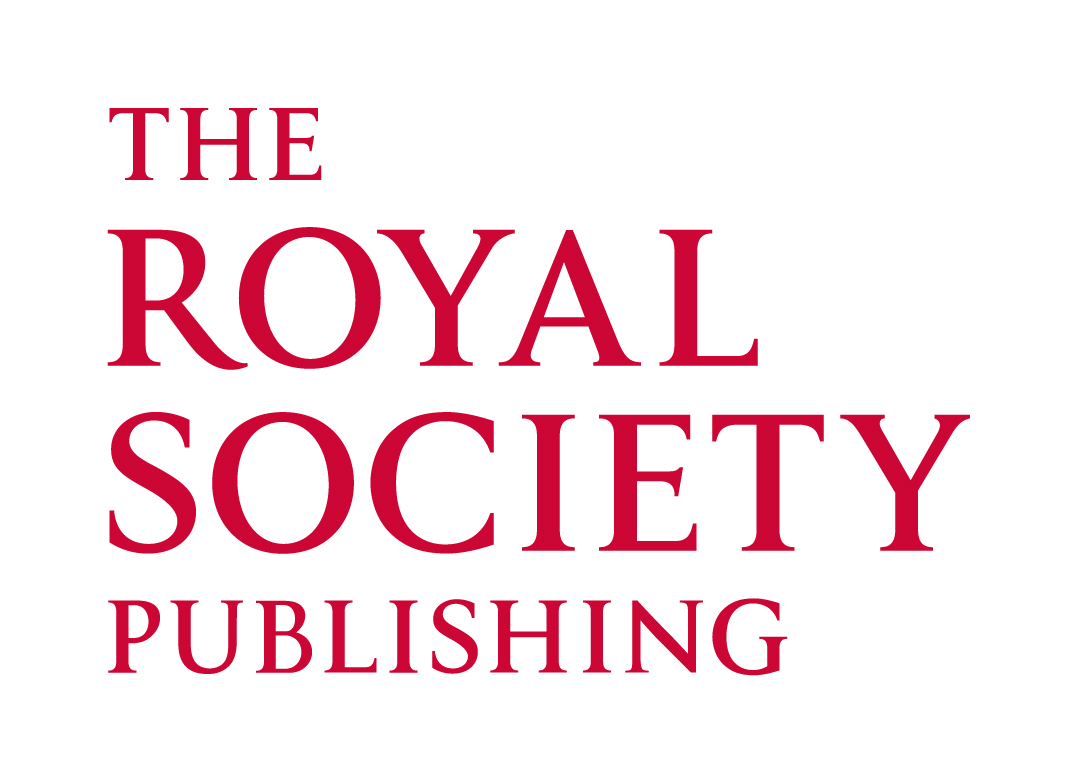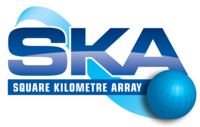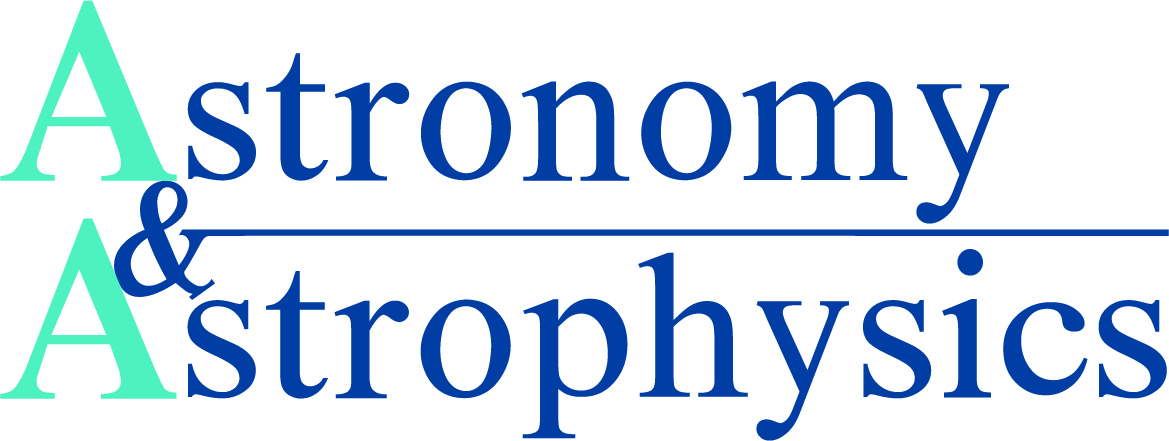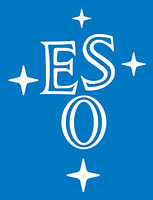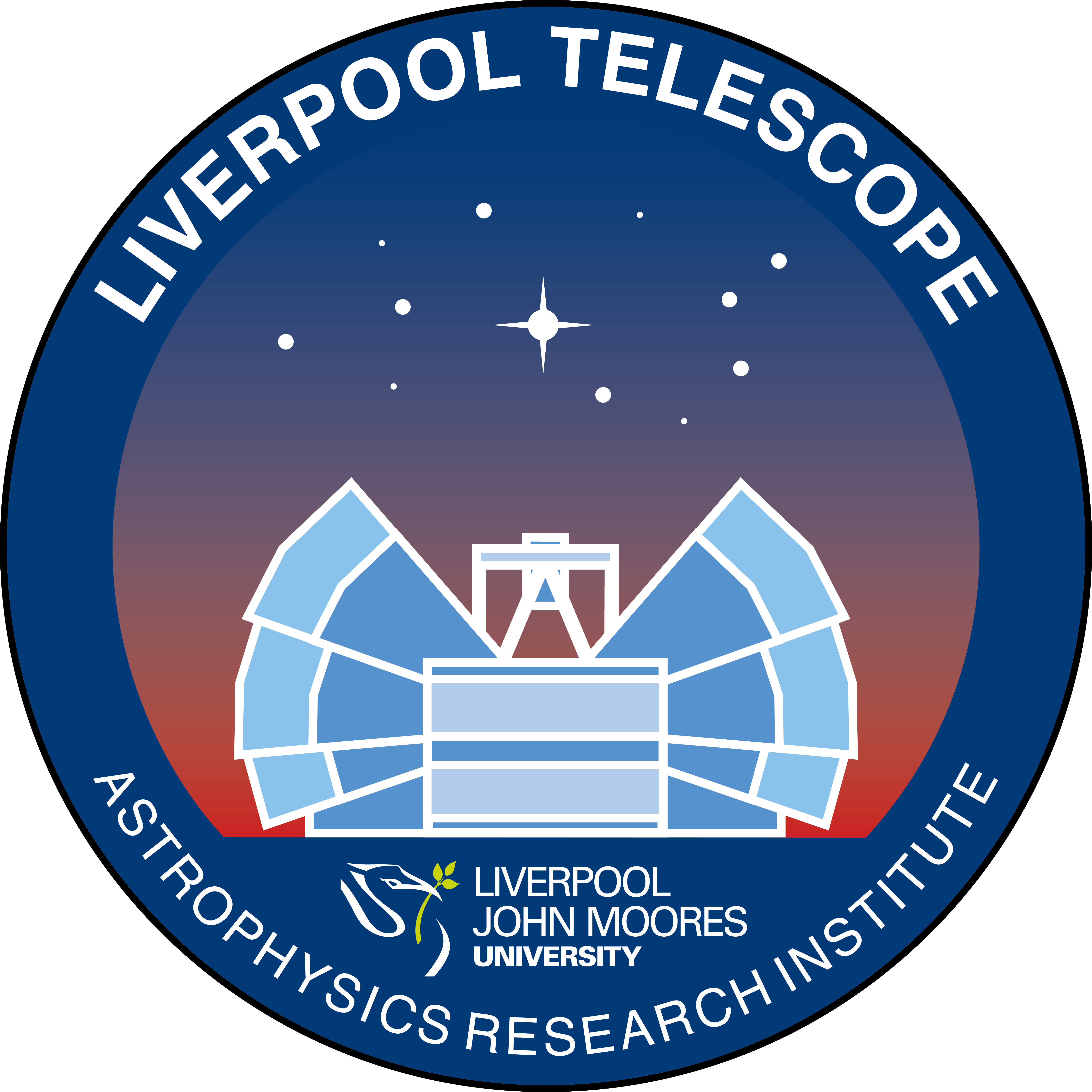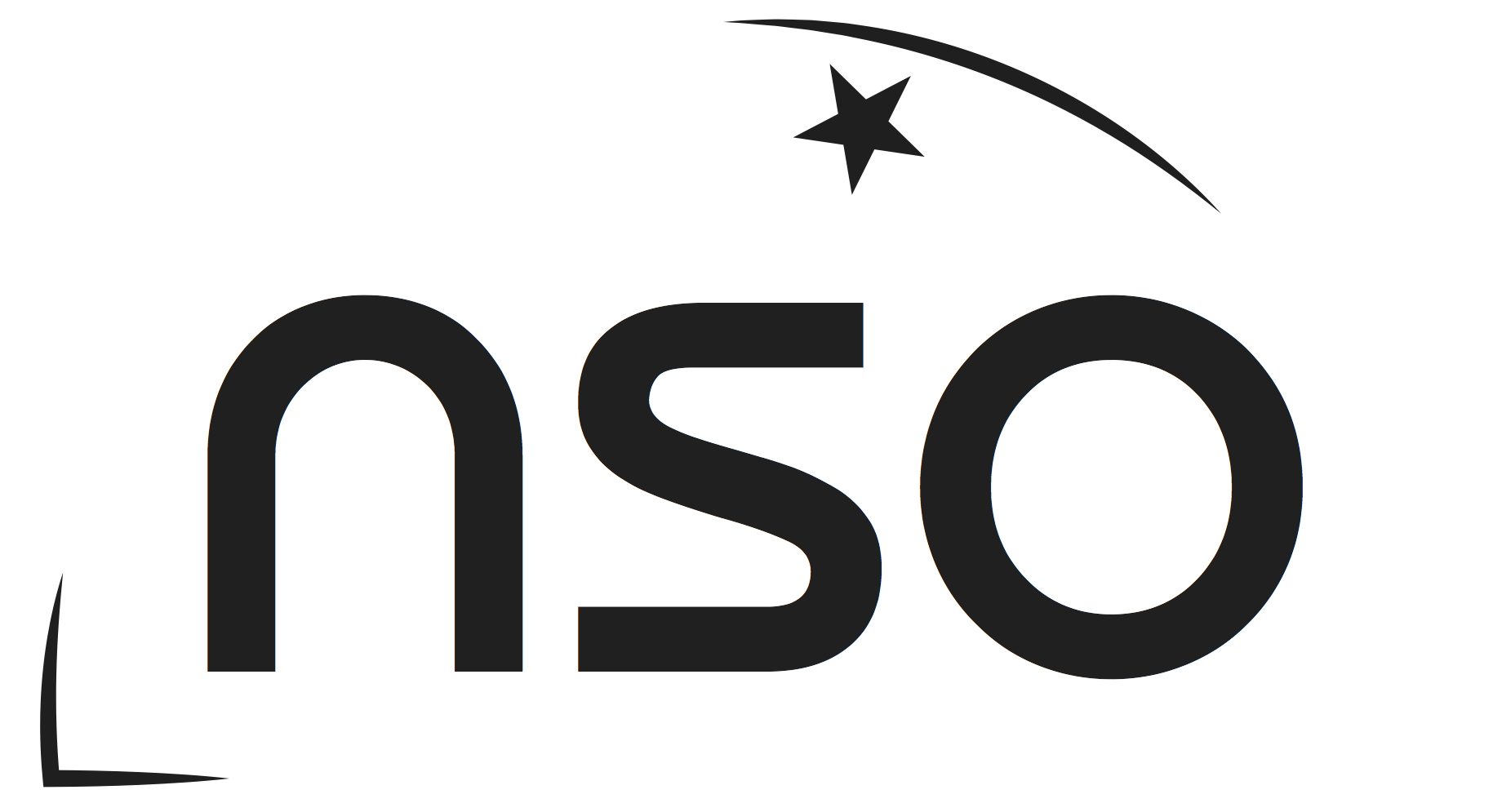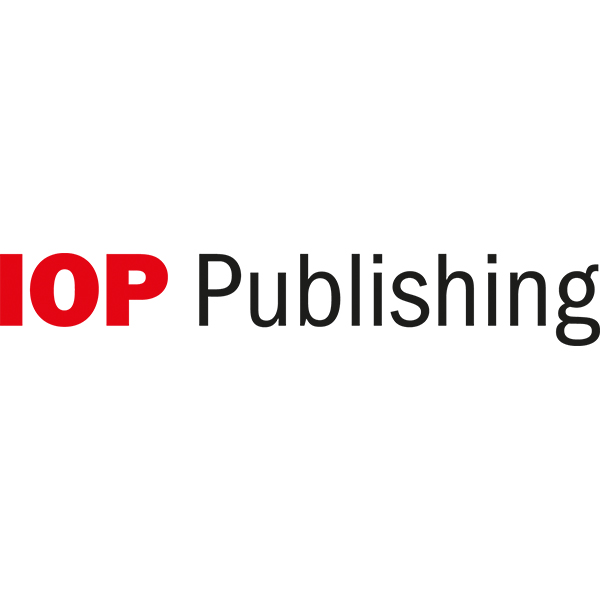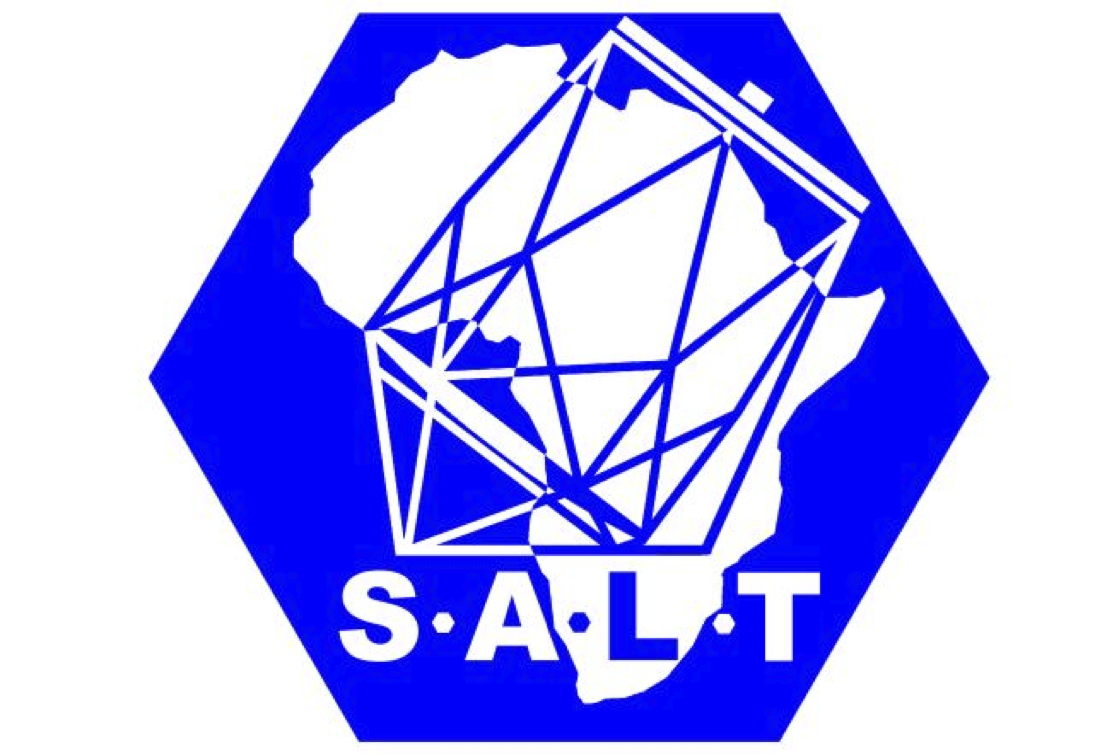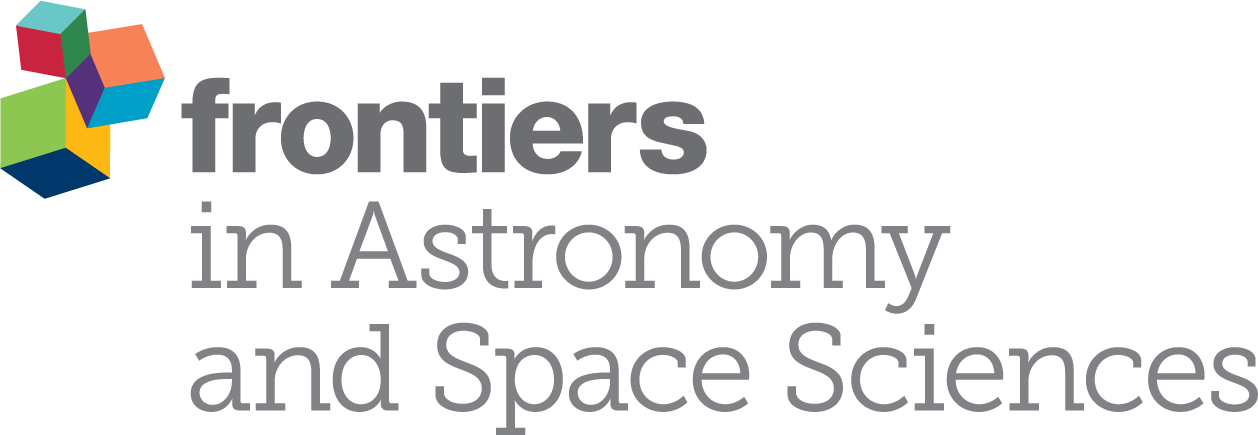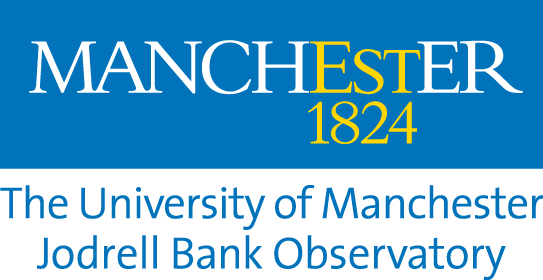Special Session SS30
4 April 2018
Towards the next generation of Integral Field Spectrographs: ideas, designs and developments
Aims and scope
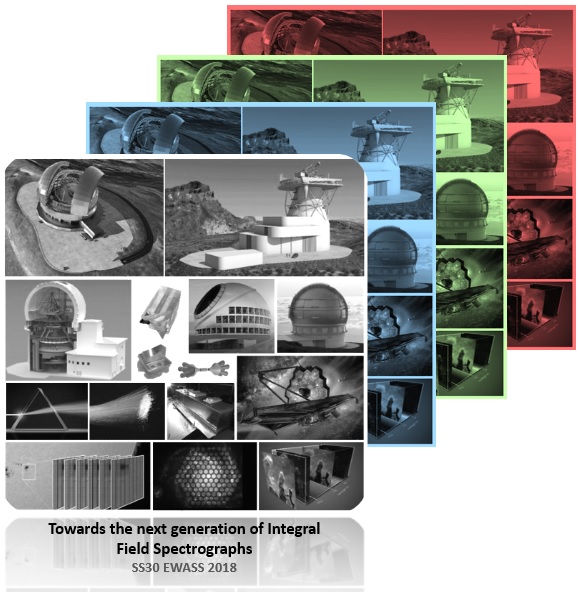 We propose a special session on the development of Integral Field Spectrographs (IFS), one of the most innovative and exciting areas of contemporary astronomical instrumentation. This technique has led to tremendous breakthroughs in recent years (e.g. the MUSE instrument on the VLT), and work is underway on advanced designs for the next generation of IFS instruments (e.g. ELT, EST).
We propose a special session on the development of Integral Field Spectrographs (IFS), one of the most innovative and exciting areas of contemporary astronomical instrumentation. This technique has led to tremendous breakthroughs in recent years (e.g. the MUSE instrument on the VLT), and work is underway on advanced designs for the next generation of IFS instruments (e.g. ELT, EST).
EWASS will provide an excellent opportunity to bring together IFS experts from solar and night-time astronomy, as well from both ground-based and space-borne instrumentation. At times these different communities are working in relative isolation, so our goals are to:
Introduce the role of Integral Field Spectroscopy in current and future science cases,
Present current and future instrument proposals,
Introduce innovative ideas for components or new instrumentation,
Identify the required developments for industry,
Recognise new techniques and manufacturing capabilities in the market,
Share ideas to support design and development of the next generation of IFS.
We plan for invited science talks to help set the scene, and more technical presentations on IFS systems for facilities now under development. We will solicit contributions on, e.g., novel ideas, designs, developments, and results from characterisation and commissioning of IFS facilities. We will also welcome contributed talks on `lessons learned' from science users.
We will discuss the latest designs and technologies associated to Image Slicers, optical fibres, photonic lanterns, combinations of IFU alternatives, ultra-compact solutions and new materials. We will preferentially give opportunities to early-stage researchers and engineers to present their work. We will also welcome members of industry for presentations on their technical and manufacturing capabilities as a key element in the development of future instrumentation.
Programme
- Block 1: Science cases for Integral Field Spectrographs (night-time, solar and space)
- Block 2: Current projects and proposals for future and existing facilities (night-time, solar and space)
- Block 3: Innovative designs and enabling technology
(Image Slicers, optical fibres, photonic lanterns, ultra-compact solutions, new materials and manufacturing techniques)
Invited speakers
- Alessandro Marconi (University of Florence, Italy)
- Carlos Dominguez (IAC, Spain)
- Yoshinori Suematsu (NAO, Japan)
- Emily Wisnioski (ANU, Australia)
- Matthias Tecza (University of Oxford, UK)
- Robert Thomson (Heriot-Watt University, UK)
- Johan Richard (University of Lyon, CRAL, France)
Scientific organisers
Ariadna Calcines (Durham University, UK), Chris Evans (UK Astronomy Technology Centre, UK), Sarah Matthews (University College London, UK), Robert Harris (Heidelberg University, Germany).
Contact
Ariadna Calcines (ariadna.calcines @ durham.ac.uk)
Updated on Wed Nov 15 16:54:42 CET 2017
|
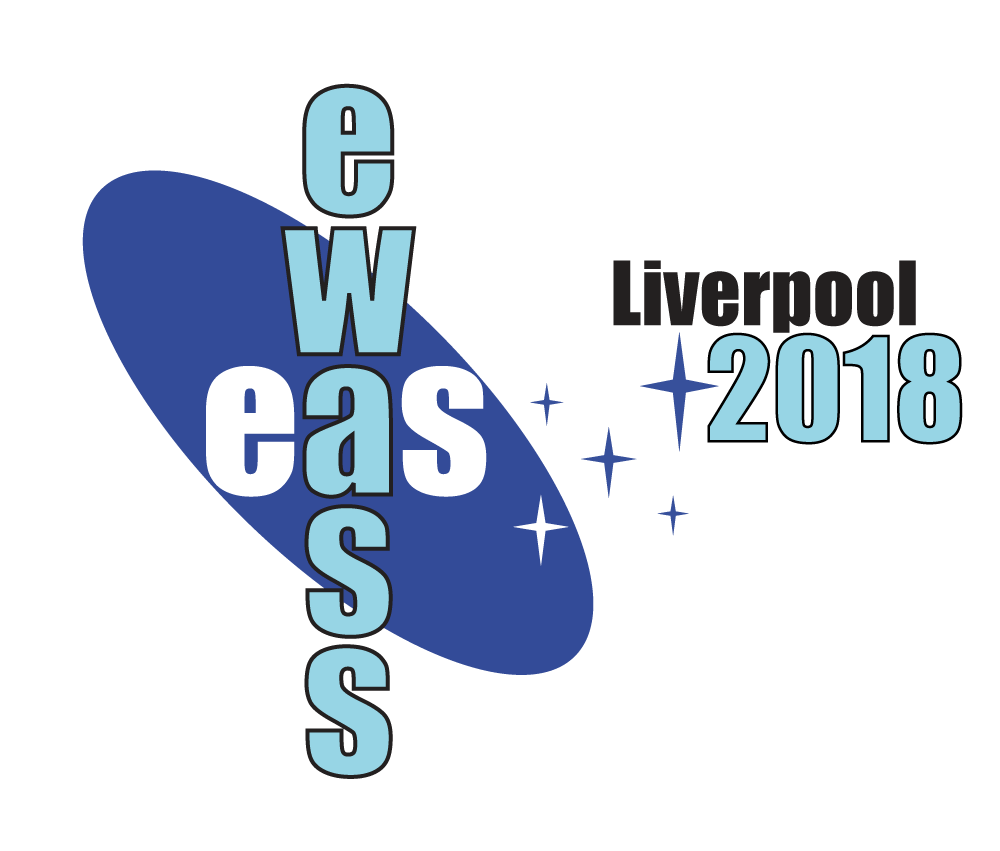
 A power cut will shut down all EAS services on Tuesday, 10 January 2017 starting at 7:30 CET.
A power cut will shut down all EAS services on Tuesday, 10 January 2017 starting at 7:30 CET.






